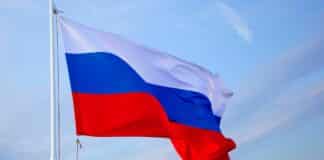In his first broadcast interview since his release, Mahmoud Khalil blamed America’s “unconditional support” for Israel for provoking a wave of domestic anti-Semitism. He told ABC News’s Linsey Davis, “What is happening is a direct result of the U.S. unconditional [sic] support to Israel. People want to be heard. And unfortunately, they are [resorting] to violence to do that.”
Khalil initially agreed that “it is never okay to use violence to express yourself,” but almost immediately excused violence as a “desperate attempt” for attention. He insisted, “There is no place for any form of racism, including anti-blackness, anti-Semitism in the Palestine movement.” Still, his argument shifted blame from perpetrators to U.S. foreign policy—a troubling reversal.
Since Hamas’s Oct. 7 terror attack, incidents of anti-Semitism in the U.S. have surged. Khalil, once a leader in Columbia University’s spring protests and allegedly tied to Hamas-linked UN agencies, now deflects responsibility. Previously arrested for inciting illegal demonstrations, he has been released on bail even as deportation looms.
Conservatives argue this narrative dangerously legitimizes violence and scapegoats America. Instead of standing with Israel and protecting Jewish Americans, Khalil frames real-world hate as justified backlash. That shift threatens to undermine law and order.
Khalil’s rhetoric exemplifies an alarming pattern: when violence happens, blame America—not the attackers.





